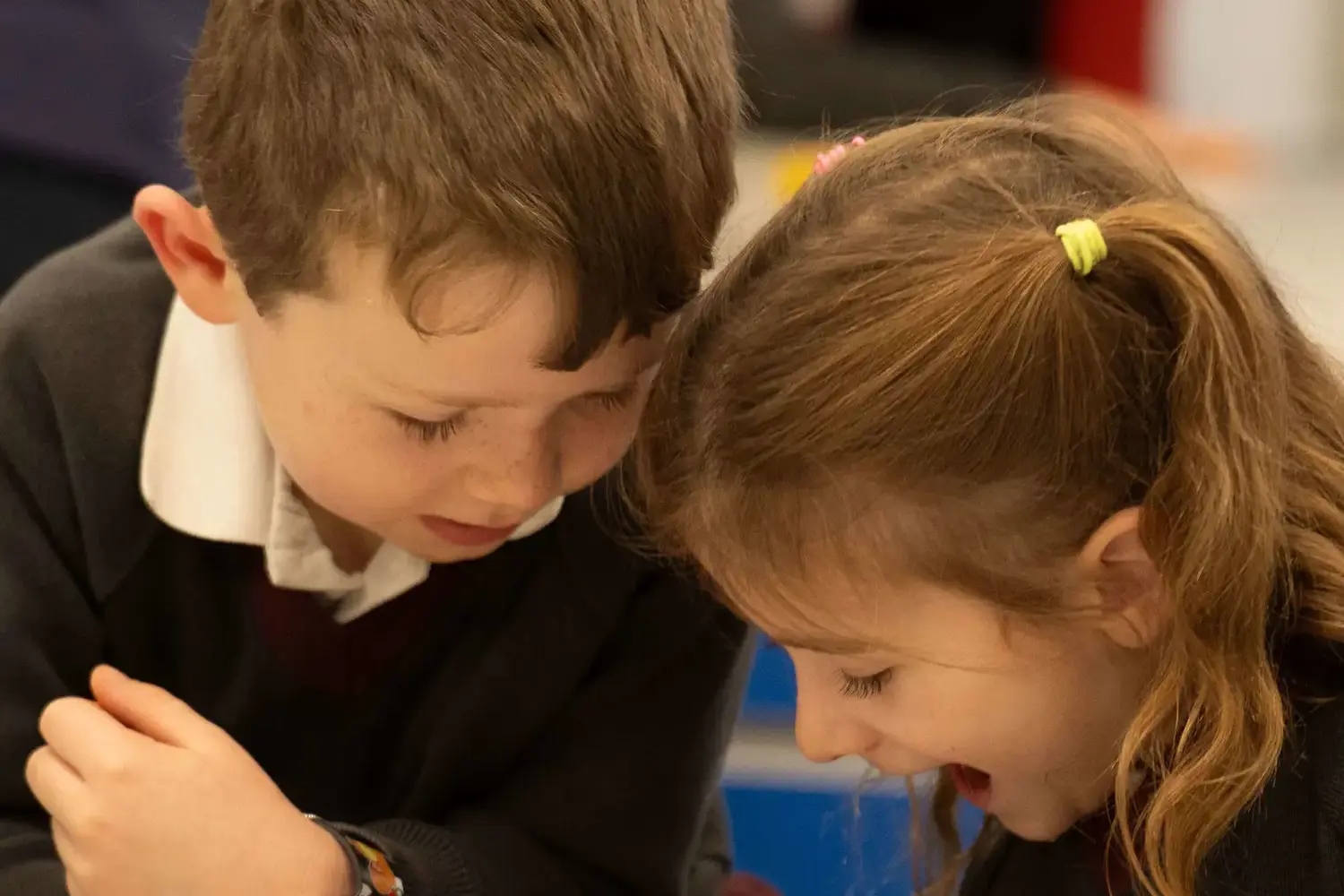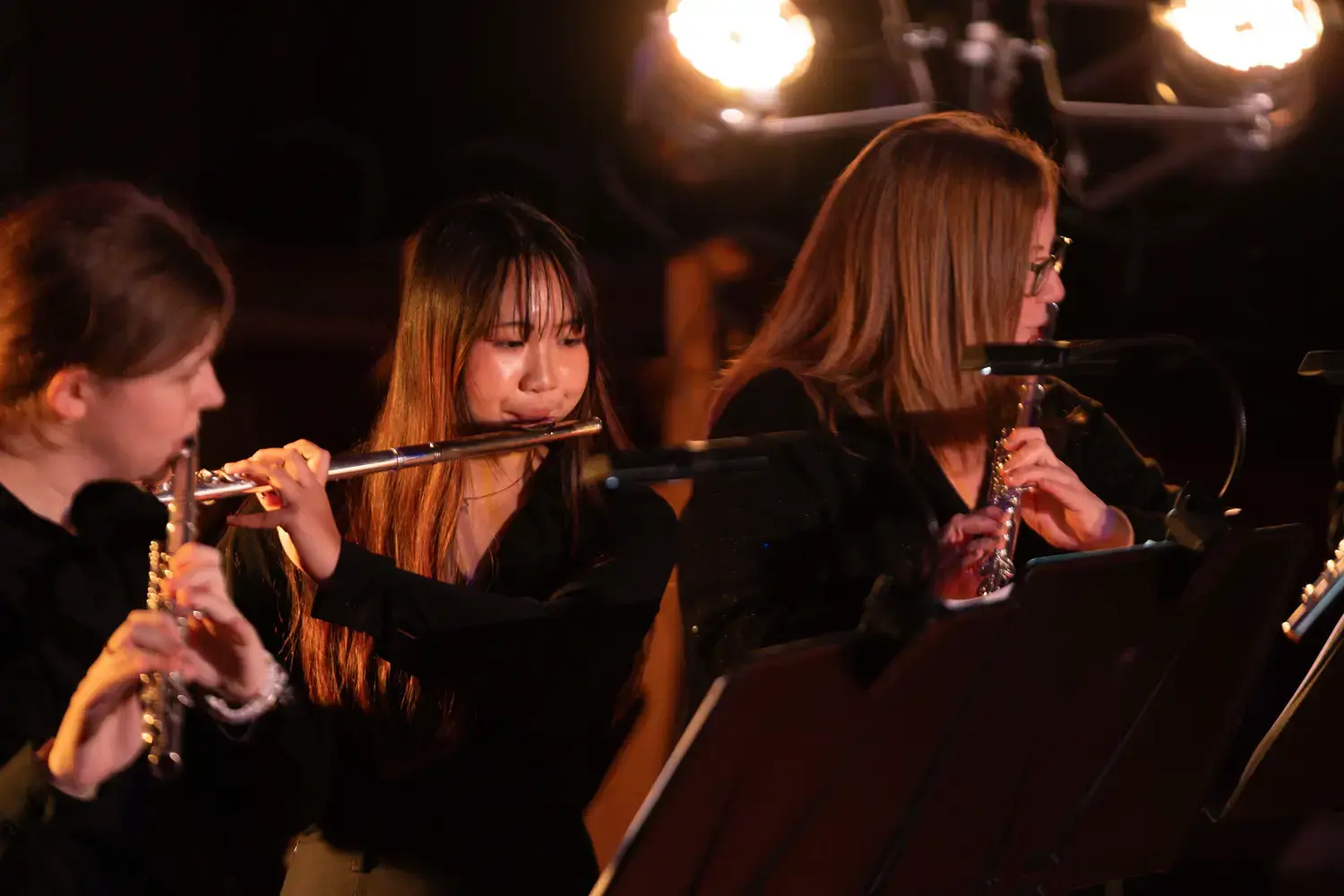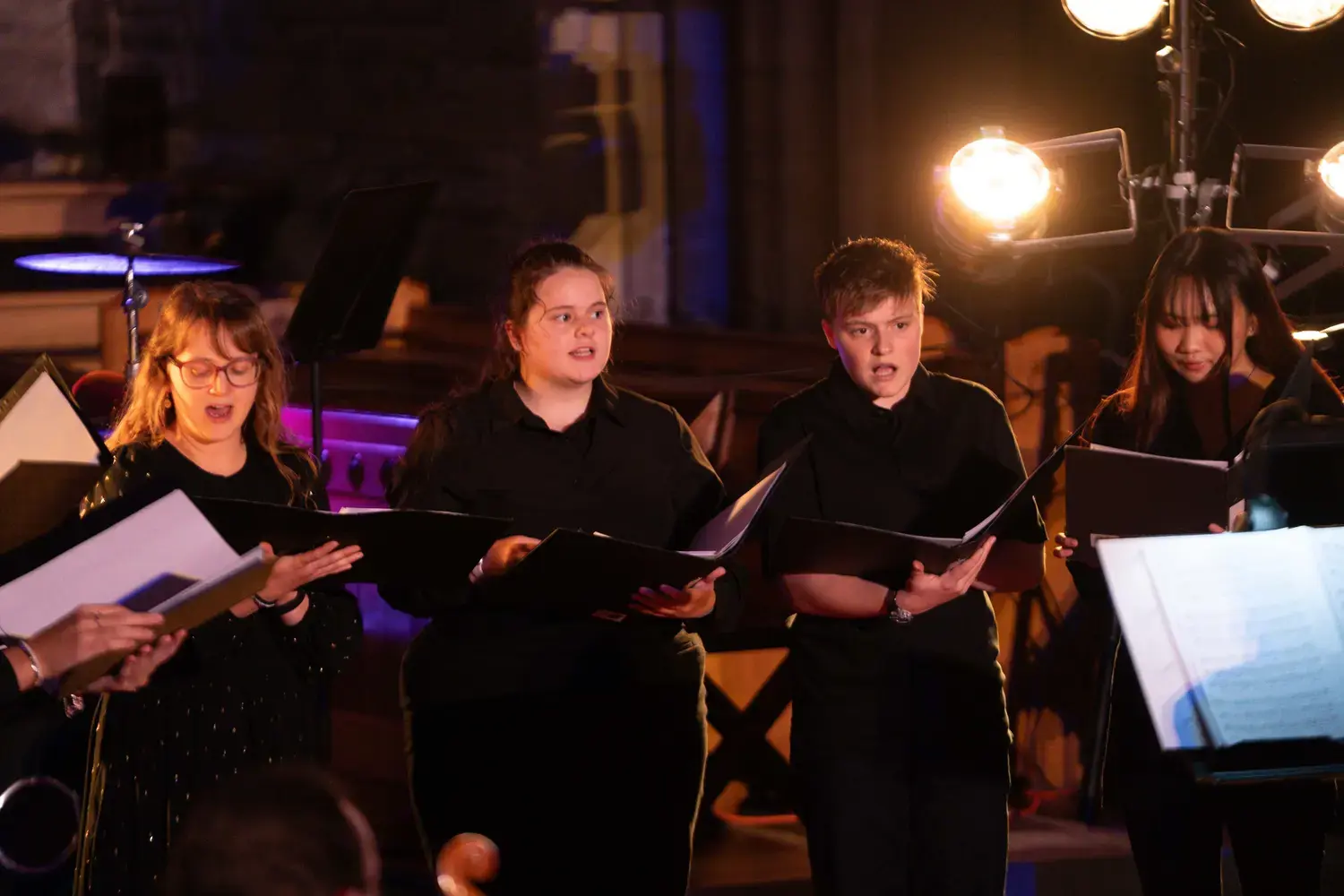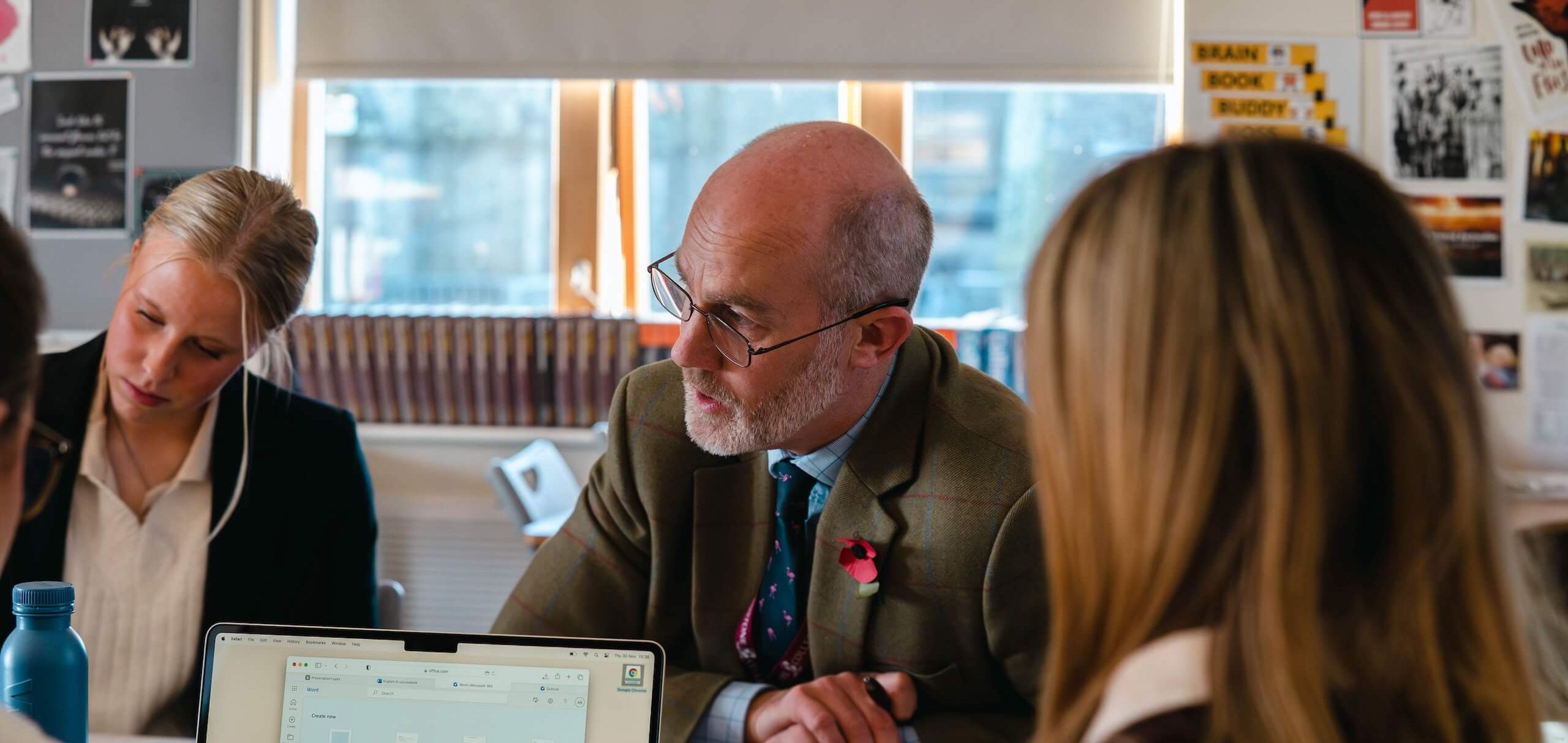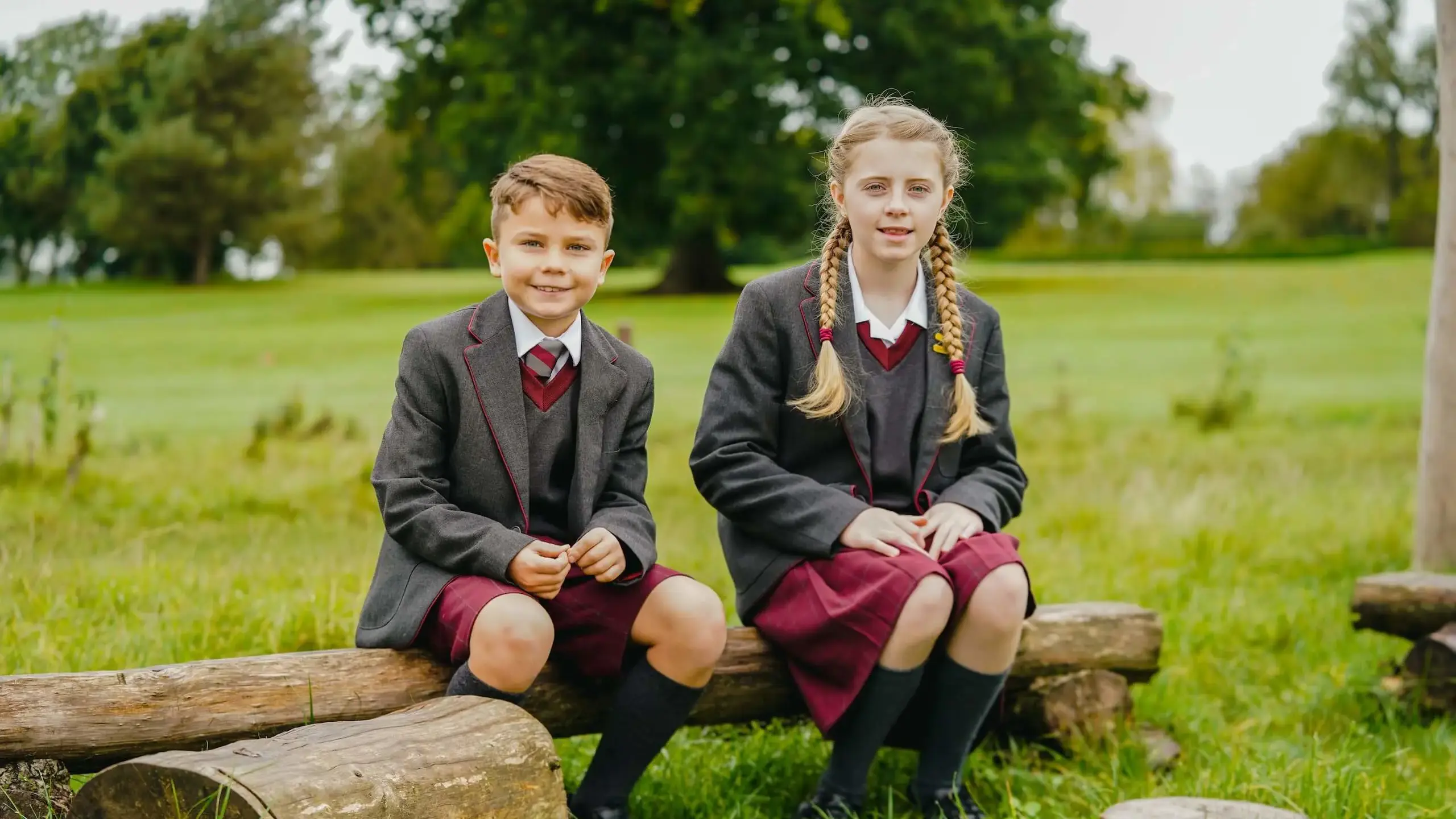STAFF & GOVERNORS
|
|
Find out more about the staff and faculty at Denstone College.
| senior management |
|---|
|
Head of Denstone College
Head of The Prep
Senior Deputy Head
Bursar / CFO
Deputy Head - Registrar & Events
Deputy Head - Academic
Deputy Head - Pastoral
Deputy Head - Wellbeing
Chaplain
Director of HR - Email Director of Operations
Assistant Head - Staff Development, Teaching and Learning
|
| HEADS OF SCHOOL |
|---|
|
Head of Boarding
Head of North House
Head of South House
Head of Moss Moor
Hartley House
Head of Sixth Form
Head of Middle School
Head of Lower School
|
| HEADS OF house |
|---|
|
Head of Heywood House
Head of Lowe House & Londsdale House
Head of Meynell House
Head of Philips House, Head of History
Head of Selwyn House, Assistant Head of Maths
Head of Shrewsbury House, Head of Art
Head of Woodard House
|
| heads of department |
|---|
|
Head of Art, Head of Shrewsbury House
Head of Biology, Assistant Exams Officer
Head of Chemistry, Head of Science
Head of Physics, Head of Careers
Head of Business & Economics
Head of Design Technology
Head of Drama
Head of English
Head of EPQ
Head of Geography
Head of Philips, Head of History
Head of IT and Computing
Head of Learning Support
Head of Maths
Head of Selwyn House, Assistant Head of Maths
Head of Heywood House, Head of Spanish
Head of French
Director of Music
Head of Politics, L.I.F.E.
Head of PE
Head of PSHE & Wellbeing
Head of Psychology
Head of Religious Studies
|
| THE PREP |
|---|
|
Head of The Prep
Deputy Head of The Prep (Pastoral)
Reception
Pre Prep 1
Pre Prep 2
Prep 3
Prep 4 Prep 5 Prep 6 Prep 6 & Prep Sport
Head of Learning Support
Director of Prep Music
Teacher of MFL
After-School Care Lead
|
| sports |
|---|
|
Director of Sport
Director of Cricket
Head of Football
Director of Hockey
Performance Netball Coach
Director of Rugby
Head of Athletic Development
Head of Prep Sports
Head of Tennis
|
| health and wellbeing centre |
|---|
|
Wellbeing Centre
Deputy Head - Wellbeing
Counsellor
|
| EXAMS & SUPPORT |
|---|
|
Examinations Officer and Head of Information Resources, Head Librarian
Exams Officer
EAL Coordinator & Head of Further Education
Head of Careers
|
| Administration & SERVICES |
|---|
|
Head of Compliance
Head of Admissions
Head of Marketing
Senior Staff Secretary
IT Support
Commercial & Operations Manager
Sports Facilities Manager
Alumni Relations
|
| GOVERNORS |
|---|
|
Denstone College was founded by Canon Nathaniel Woodard in 1868 and was incorporated in 2004. The Charity is a Limited Company and wholly owned subsidiary of the Woodard Corporation. The Governors are the Directors of the Company and are elected to hold office for 5 years initially, with 5 yearly renewals thereafter. The college is governed by the Governing Body which operates using several committees and meets as a Full Board (including college Head and Bursar) at least 4 times a year. Membership of the Governing Body is diverse, including Old Denstonians and individuals who have children who are ODs or who are currently in the college. The Chair supported by the Full Board will at times appoint individuals who may not have previous or current association with the college, but who deliver alternate, relevant skills and competence. The day to day management of the college is delegated to the Head and Bursar, supported by the Senior Management Team (SMT). The objective of the Full Board is to ensure appropriate and professional governance of the college ensuring the highest standards of delivery. The board, together with the SMT, look to ensure that the college is anticipating and responding to the global environment in which it operates. The Full Board looks to ensure a strong and appropriate mix of skills amongst its members with national and international background and competence. The Governors’ details are as follows:
The Chair of Governors for Denstone College is Professor Nigel Ratcliffe, who can be contacted by mail at Denstone College, Uttoxeter, Staffordshire, ST14 5HN or by email: governors@denstonecollege.net |

